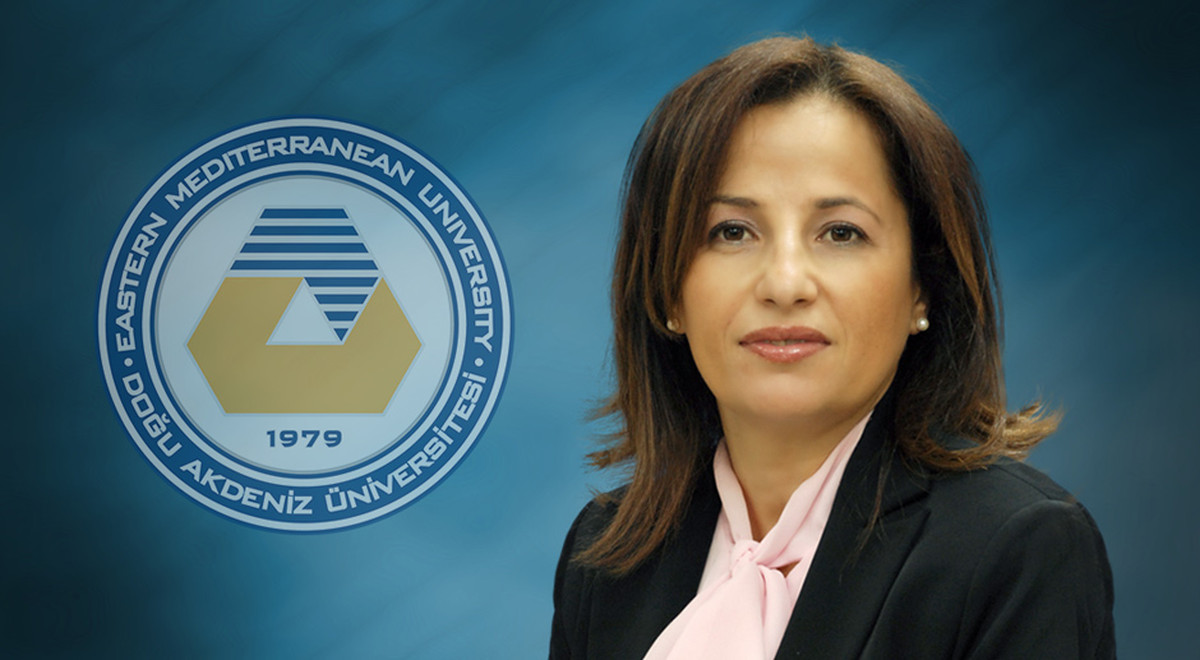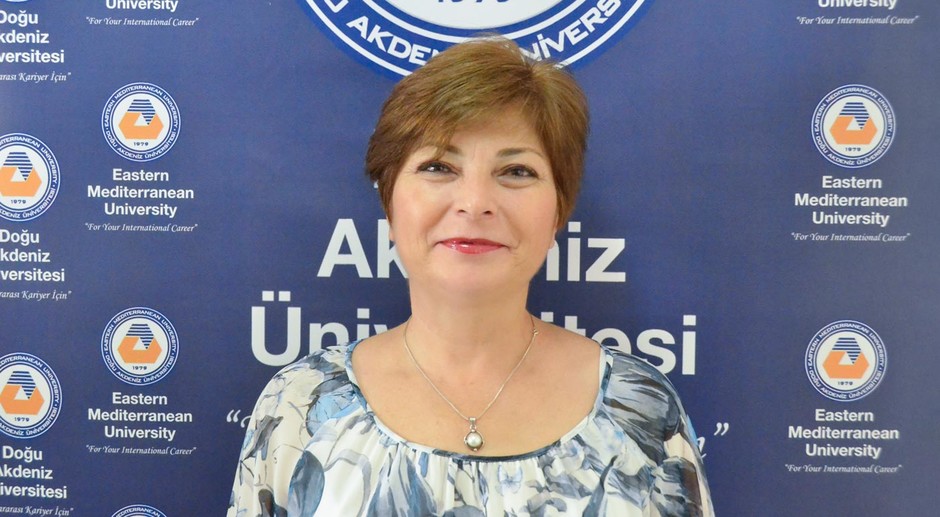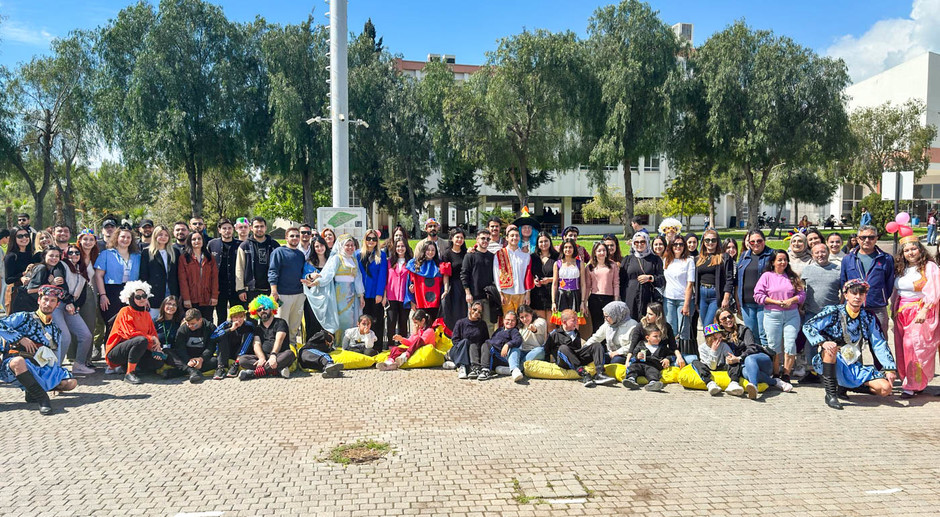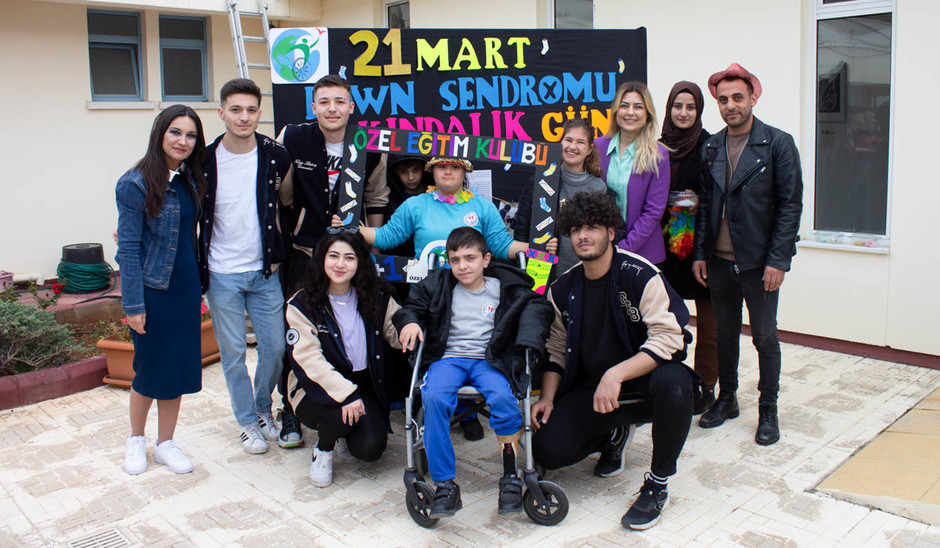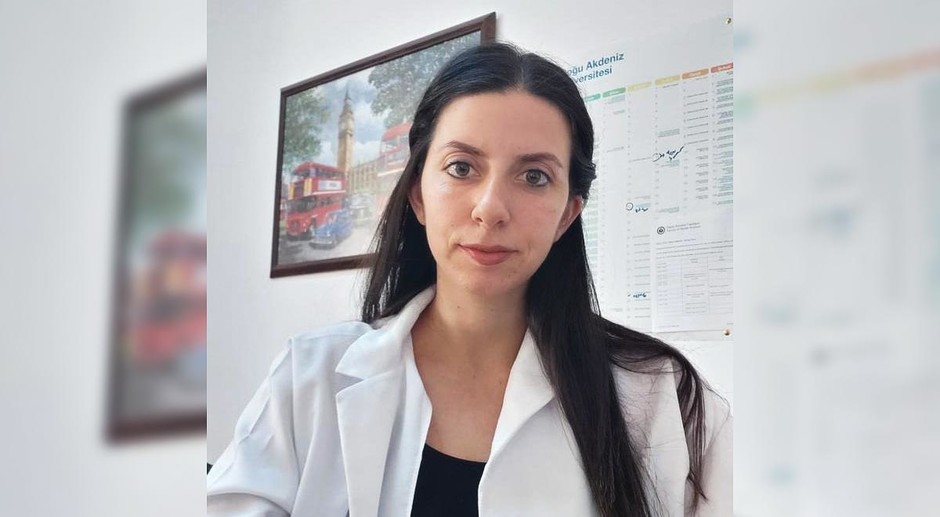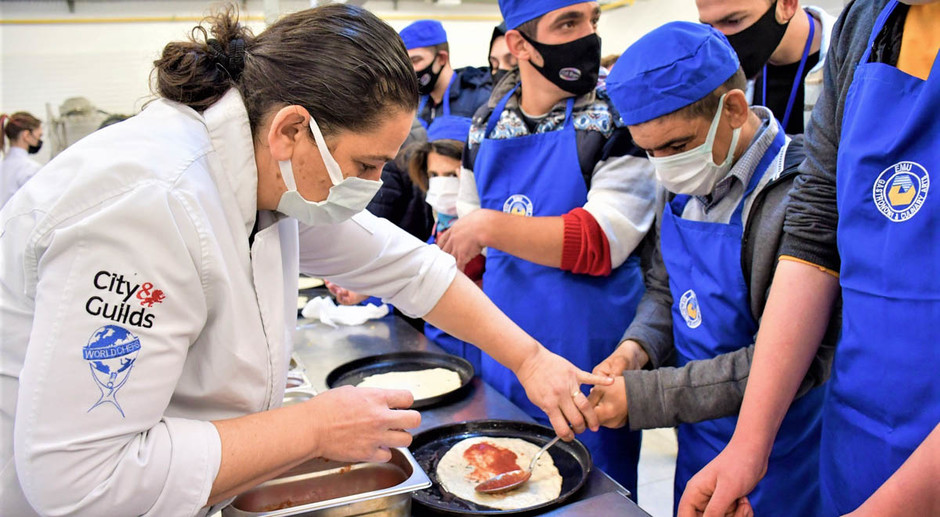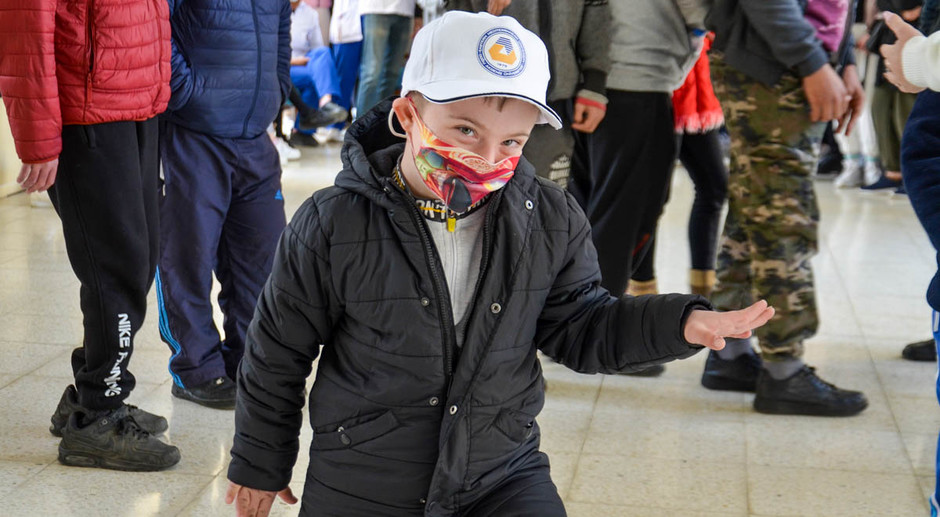Eastern Mediterranean University Health Sciences Faculty Acting Dean Prof. Dr. Mehtap Malkoç released a message for the occasion of 21 March World Down Syndrome Day. Prof. Dr. Malkoç stated that the date for World Down Syndrome being the 21st day of the 3rd month was selected by the United Nations on 10 November 2011 to signify the uniqueness of the triplication of the 21st chromosome which causes Down syndrome. Prof. Dr. Malkoç also put forth that World Down Syndrome Day is an important step in protecting the rights of the persons with Down Syndrome.
Prof. Dr. Malkoç added that ‘Down Syndrome’ is caused by a genetic difference caused by the existence of two copies of chromosome 21, plus extra material from chromosome 21 attached to another chromosome, which lead to some functional and structural differences in the body. Prof. Dr. Malkoç stated that Down Syndrome incidence is one in approximately between 800 and 1000 births. Prof. Dr. Malkoç added that the risk of Down Syndrome increases with mother’s age. Most individuals with Down Syndrome have mild to moderate intellectual disability. Other common features include a flat and wide face, almond shaped eyes, a short neck, excessive joint flexibility, extra space between big toe and second toe, abnormal patterns on the fingertips and short fingers.
Prof. Dr. Malkoç added that upon giving birth to a baby with 21 chromosomes, parents start to think that too many changes in their lives will take place and usually they do not know where to start from. One of the starting points, if the baby is not encountering serious health problems, is the rehabilitation program when the baby reaches two months. It may seem too early, but it is important to monitor the child at an early stage.
Prof. Dr. Mehtap Malkoç also stressed the importance of physiotherapy for individuals with Down Syndrome and the cooperation of the kid, family and the physiotherapists in applying necessary treatment. In order for the physiotherapy to be effective, life and living space of the children with Down Syndrome should be well-planned and the therapy should be applied at home as well. With the inclusion of all family members into the therapy process, children with Down Syndrome may function normally.

